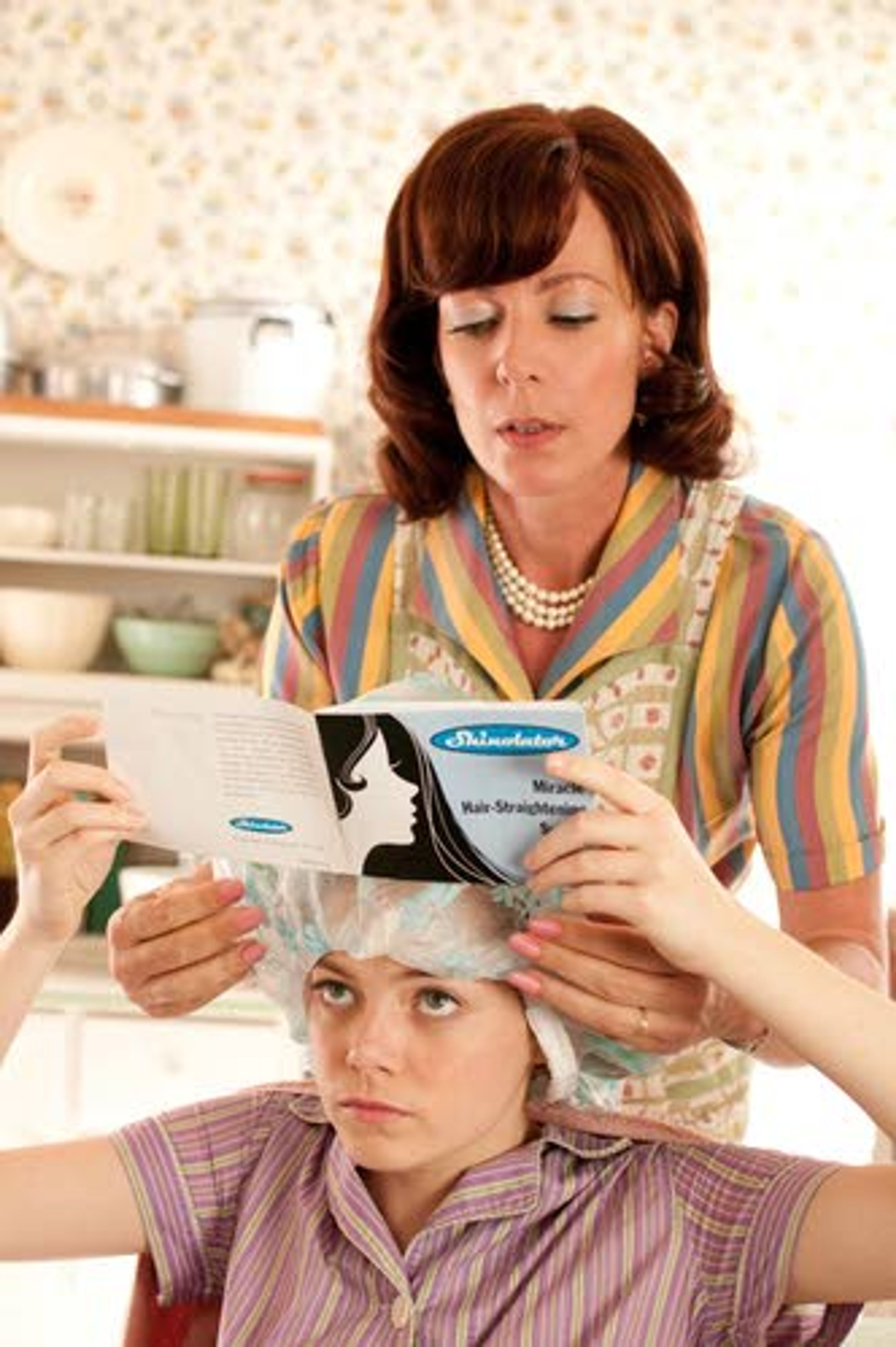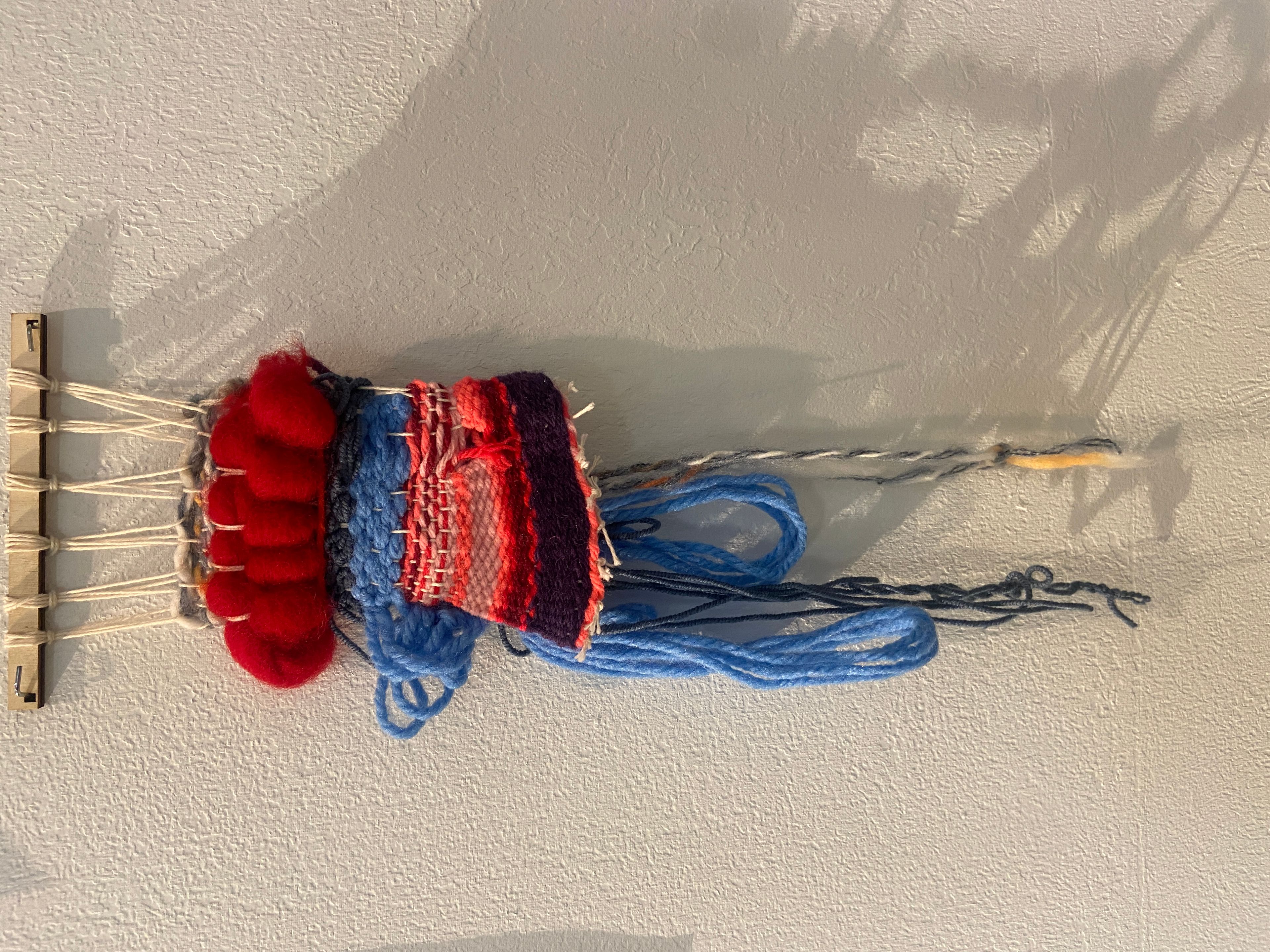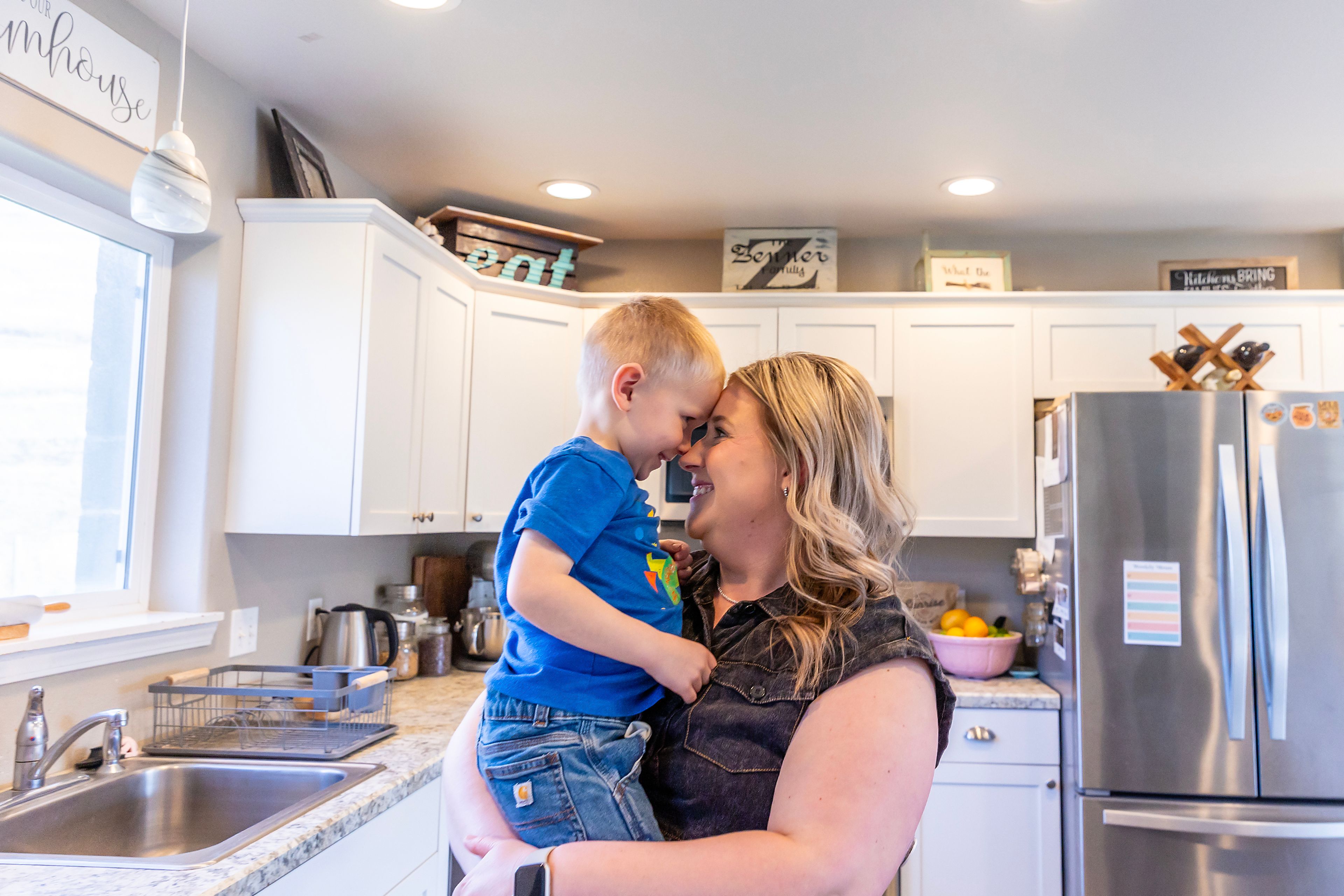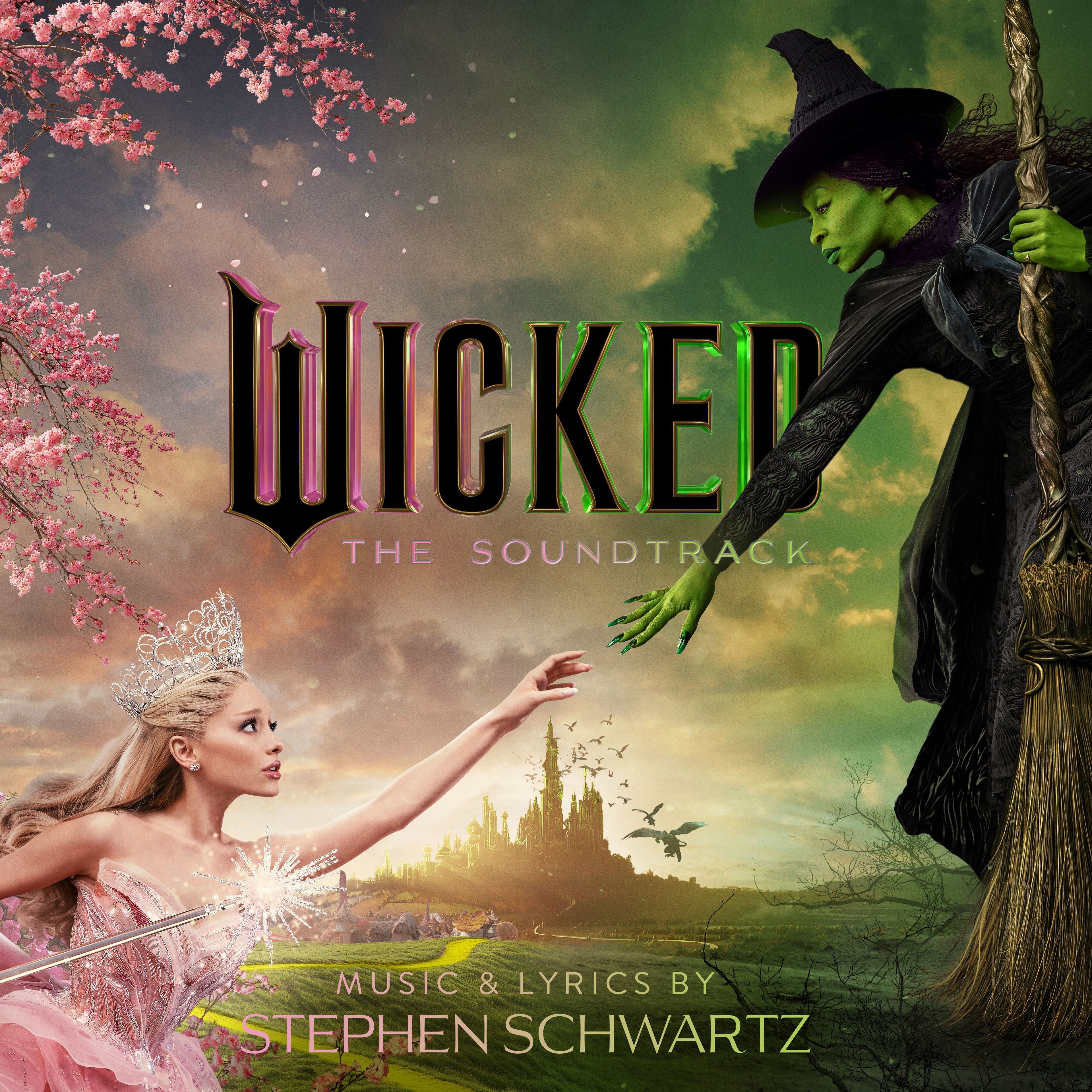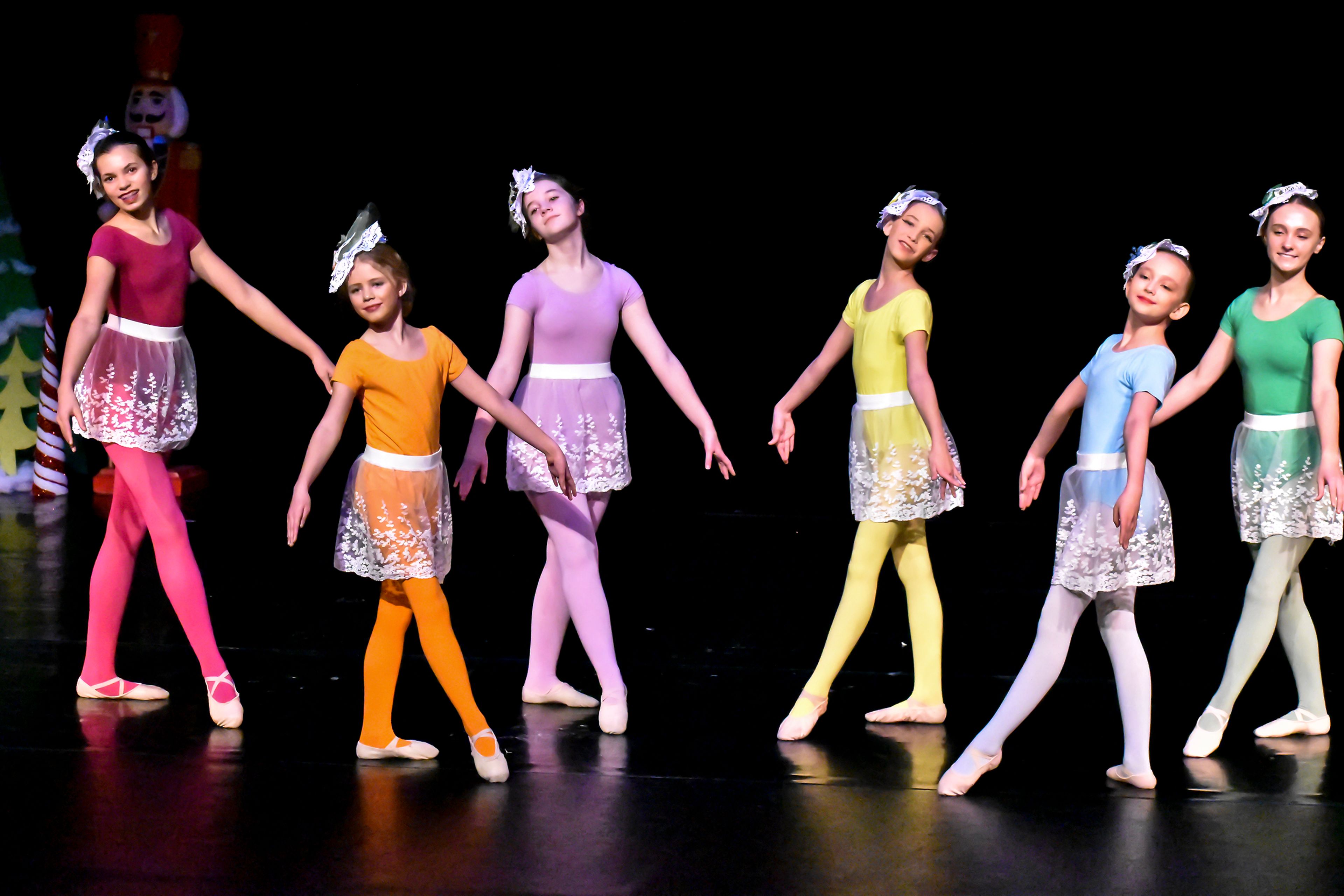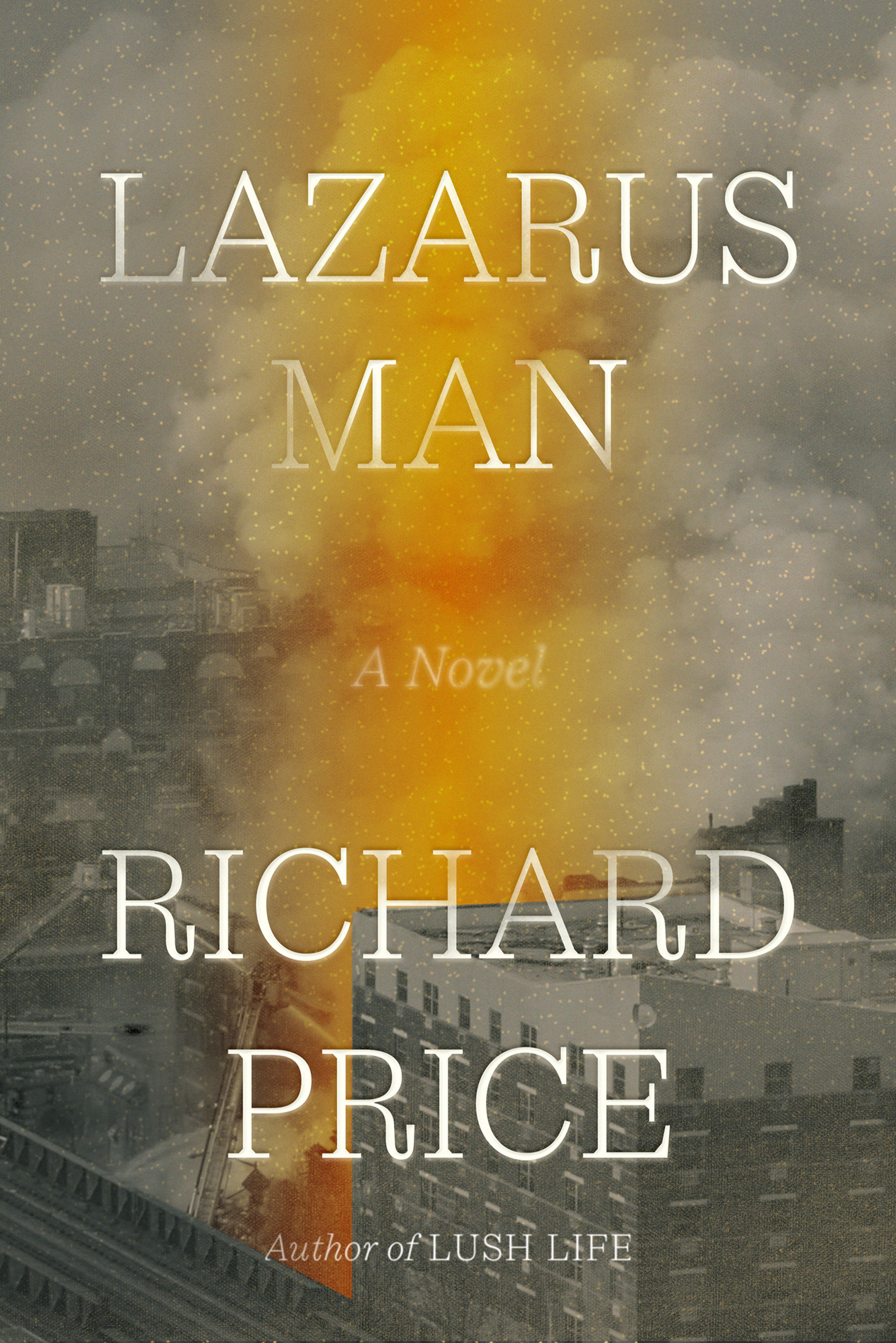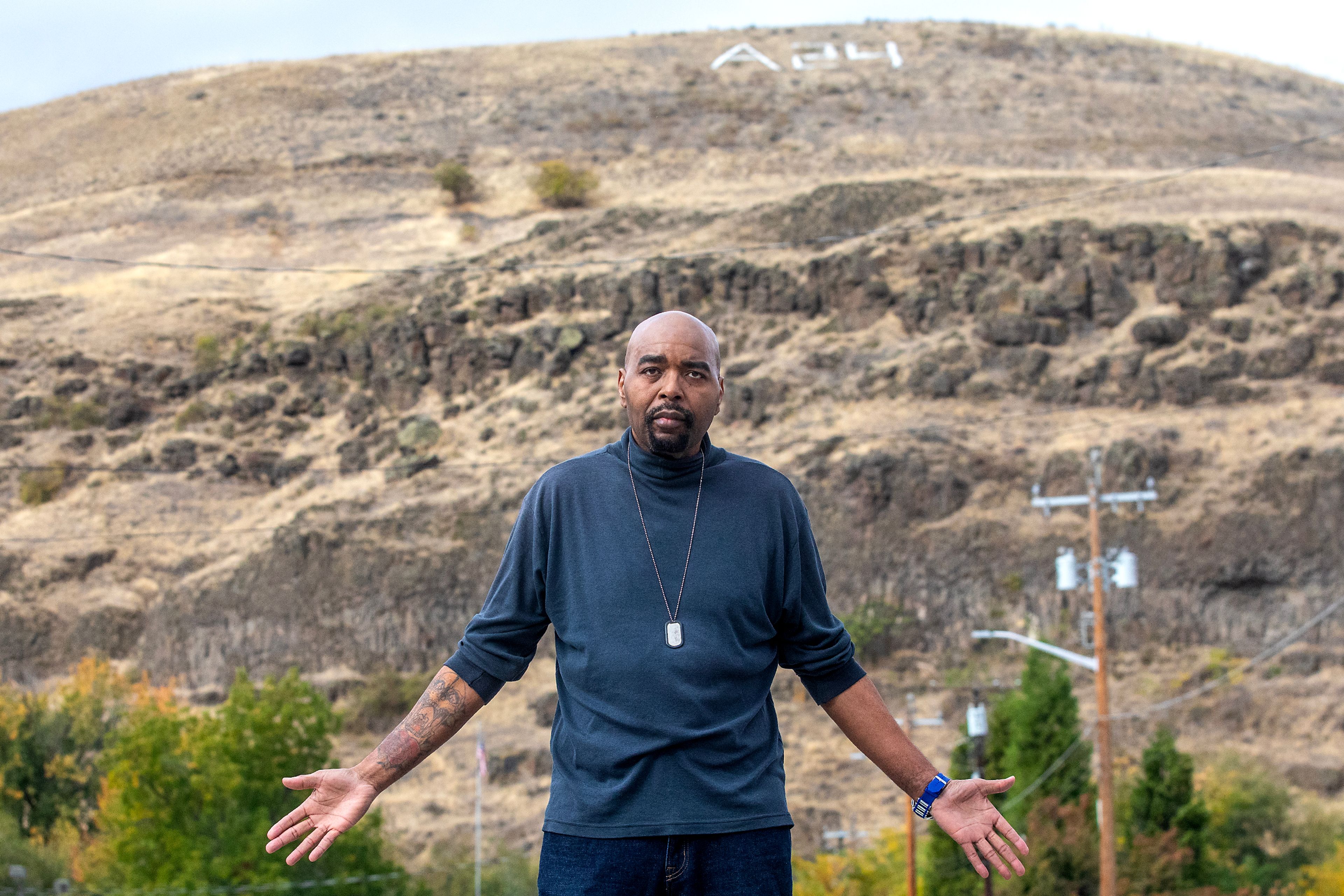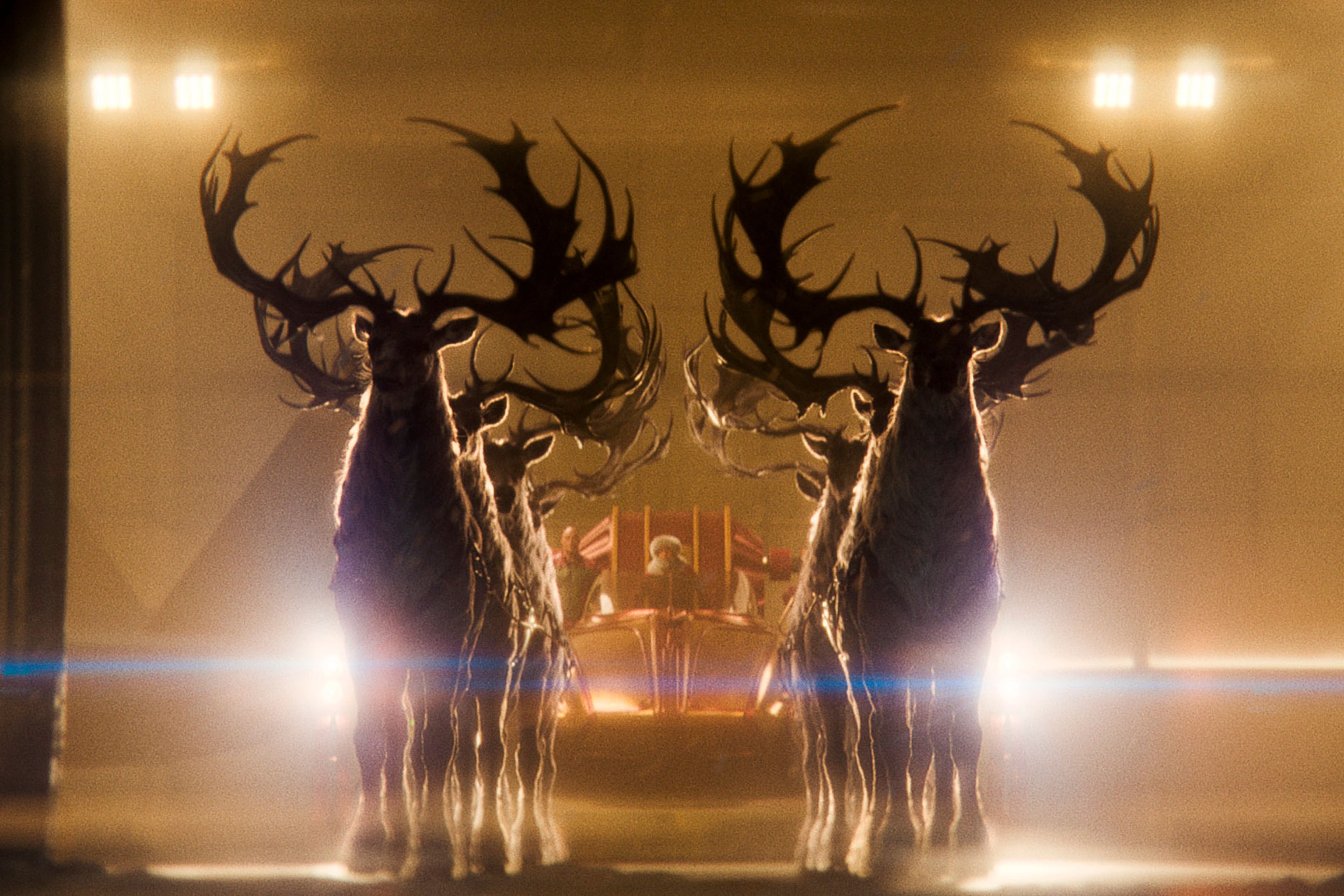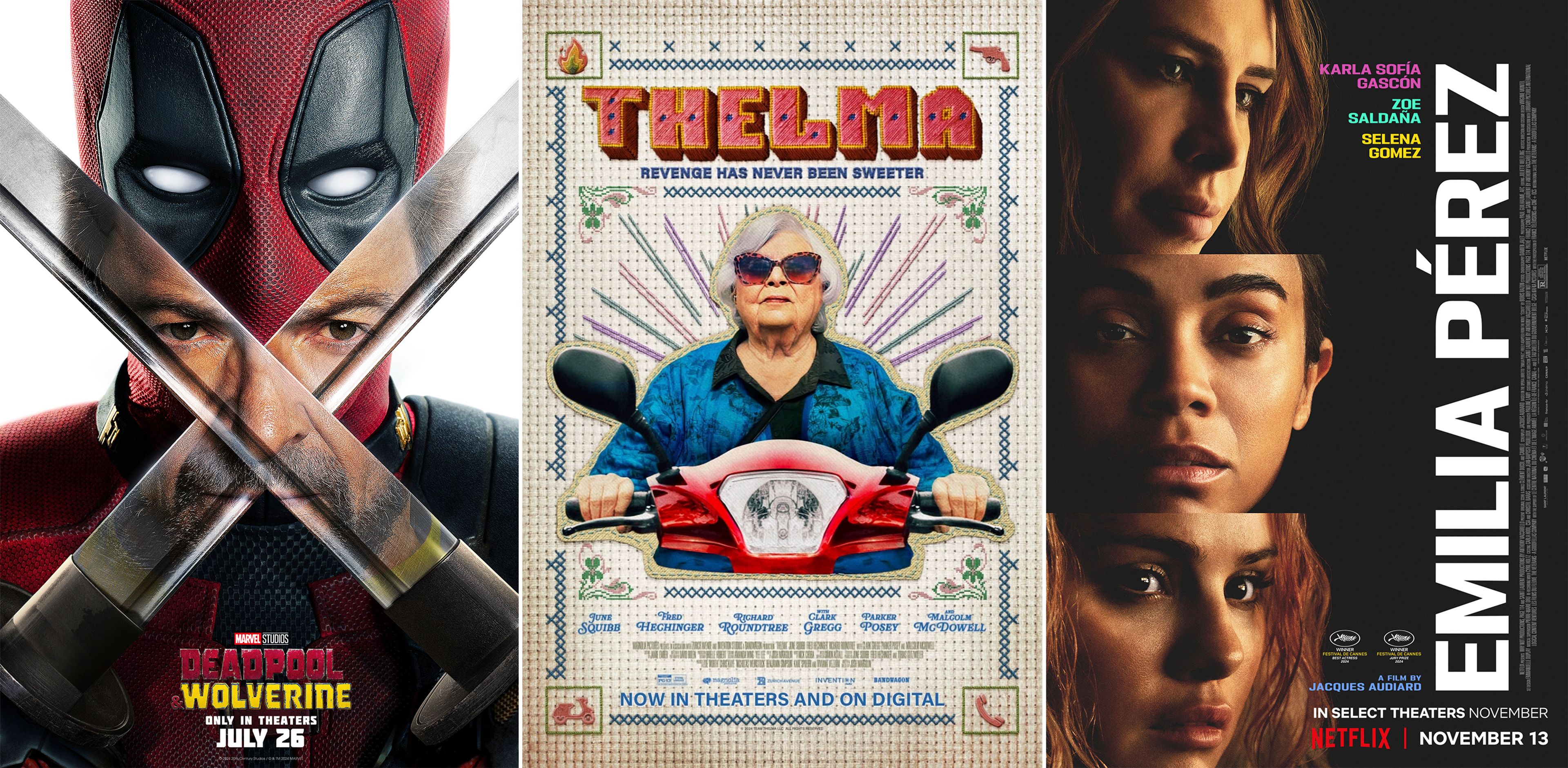'The Help' no mere comfort food
Film review
They answer doors, cook and serve meals, change diapers and raise children for parents who are, supposedly, too busy to bother. They do all this with an air of invisibility, ignored except when they're being snapped at.
And through it all, "The Help" have to maintain a silent stoicism, even when their white employers in 1960s Mississippi mutter about "the colored situation," even when they blurt out the most ignorant and hatefully callous remarks. ("They carry different diseases than we do.")
"The Help" is that rare civil-rights melodrama to tell its story from the point of view of faceless, almost anonymous black Southerners who lived through that era. It's based on Kathryn Stockett's best-selling novel about black maids in 1960s Jackson, Miss., the white women they worked for and the new college graduate determined to make a name for herself by writing a book told from the maids' point of view.
Emma Stone ("Easy A") is plucky, self-possessed Skeeter, fresh out of Ole Miss and ready to take a job - any job - at the Jackson Journal to get the experience she'll need to work in New York. She is just plain enough to stand out in her circle of well-to-do debutantes-turned-housewives. But she has no interest in following them into matrimony.
"You eggs are dying," her mother (Allison Janney) drawls. "Would it kill you to go on a date?"
Skeeter turns her household cleaning column into an excuse to chat with her friends' maids. That's where she figures out a pitch to make to a New York publisher (Mary Steenburgen). She'll get the maids to tell their story.
"Nobody ever really talks about it down here," Skeeter says.
Mercifully, actor-turned-director Tate Taylor steps back from the precipice of precious and focuses, as Skeeter does, on these maids. Merely talking to Skeeter about their lives was illegal under the "Jim Crow" racial subjugation laws of Mississippi. But the long-suffering Aibileen (Viola Davis, wonderful) and too-sassy-to-suffer-forever Minny (Octavia Spencer, in a break-out performance) start to talk. And talk. And through them, we see Jackson's social register laid bare.
Hilly is a true terror, but she doesn't realize the greatest threat to her reign is right under her nose, refilling her coffee cup. The maids watch and listen and judge.
The cute struggles with the condemnable in this script as we learn how maids were handed down like house slaves (and kept from pursuing a living elsewhere), how maids sorrowfully passed their careers down to their daughters and how delicate a dance they had to perform to appeal to the racist sensibilities of some of their employers.
"You cooking white food? You taste it with a different spoon."
Davis and Spencer come to embody the circumscribed and self-censored worlds these women inhabit, with Minny having to explain the rules to her bubbly, lonely and racial barrier-breaking new employer - Celia.
Aibileen carries a sorrow that is only partly built from a lifetime of servitude.
There are distractions, e.g. Skeeter's dating efforts (men, in general, are non-entities here). Sissy Spacek does an adorable, crowd-pleasing turn as Hilly's dotty and somewhat less racist mother. And Cicely Tyson is seen, in flashbacks, as Skeeter's housekeeper and nanny, who deserves credit for making her the woman she has become.
Despite its occasional cloying moments, "The Help" transcends its comfort-food-for-Oprah's-Book-Club wrapping to get at something deeper, the gray in a story that seems so far removed as to be utterly black and white. And Davis and Spencer give faces and fully fleshed out lives to women who must have been more than what they did for a living as "The Help."
'The Help'
Rating: 3 1/2 of 5
Stars: Viola Davis, Emma Stone, Octavia Spencer, Bryce Dallas Howard, Sissy Spacek, Allison Janney
Written for the screen and directed by Tate Taylor, based on the Kathryn Stockett novel, produced by Michael Barnathan, Chris Columbus and Brunson Green. A DreamWorks release.
MPAA Rating: PG-13, for thematic material.
Running time: 2:18
